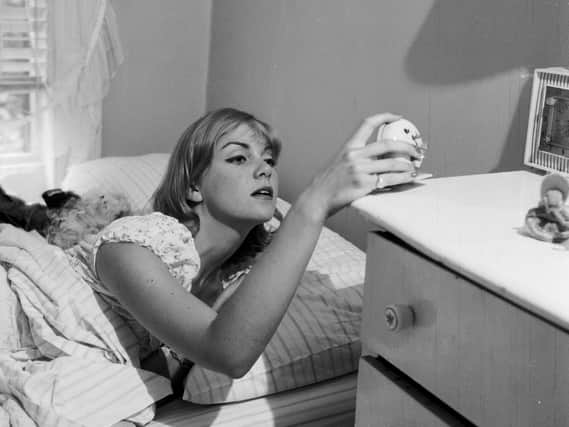Dr's Casebook: Going to bed earlier and rising early may help with low mood


Working from home may have entirely altered the time people go to bed and get up in the morning.
That may have affected people’s mood without them realising.
Advertisement
Hide AdAdvertisement
Hide AdResearch from the USA has found that middle and older aged women who are naturally early to bed and early to rise are significantly less likely to develop depression.
A study of more than 32,000 female nurses, published in the Journal of Psychiatric Research, explored the link between one’s chronotype, or sleep-wake preference, and mood.
They concluded that even after allowing for environmental factors like light exposure and work schedules, one’s chronotype affects your risk of becoming depressed.
Previous studies have shown that night owls are as much as twice as likely to suffer from depression as morning larks.
Advertisement
Hide AdAdvertisement
Hide AdHowever, those studies didn’t look at the theory that depression itself could lead people to stay up later.
To look at this they asked the women in the Nurses’ Health Study to fill out health questionnaires biennially.
At the start of the study, all the participants were free of depression.
When asked about their sleep patterns, almost 40 per cent described themselves as early larks, Fifty per cent described themselves as intermediate types, and 10 per cent described themselves as night owls.
Advertisement
Hide AdAdvertisement
Hide AdThey were followed for four years to see who developed depression.
Depression risk factors like body weight, physical activity, chronic disease, sleep duration or night shift work were also assessed.
They found that night owls are less likely to be married, more likely to live alone and be smokers, and more likely to have erratic sleep
patterns.
However, after accounting for these factors, they found that morning larks still had up to a 25 per cent lower risk of being depressed than intermediate types.
Advertisement
Hide AdAdvertisement
Hide AdNight owls had more than a 30 per cent higher risk than the larks.
So, if you are a night owl and prone to low mood, you might try to change your sleep preference.
Try to get enough sleep, exercise, spend time outdoors, go to bed earlier, dim the lights, and try to get as much light by day as possible.